In the landscape of 2024, technology plays a pivotal role in shaping our health and wellness practices. While innovations offer unprecedented conveniences and insights into our well-being, there’s a nuanced balance between their benefits and potential drawbacks. Smart devices and digital platforms can significantly enhance our understanding and management of health, providing tools for better fitness, nutrition, mental health, and sleep.
However, it’s crucial to remain aware of how excessive reliance on technology might impact our wellness, potentially leading to issues like digital dependency or misinformation
The Evolution of Smart Fitness Trackers
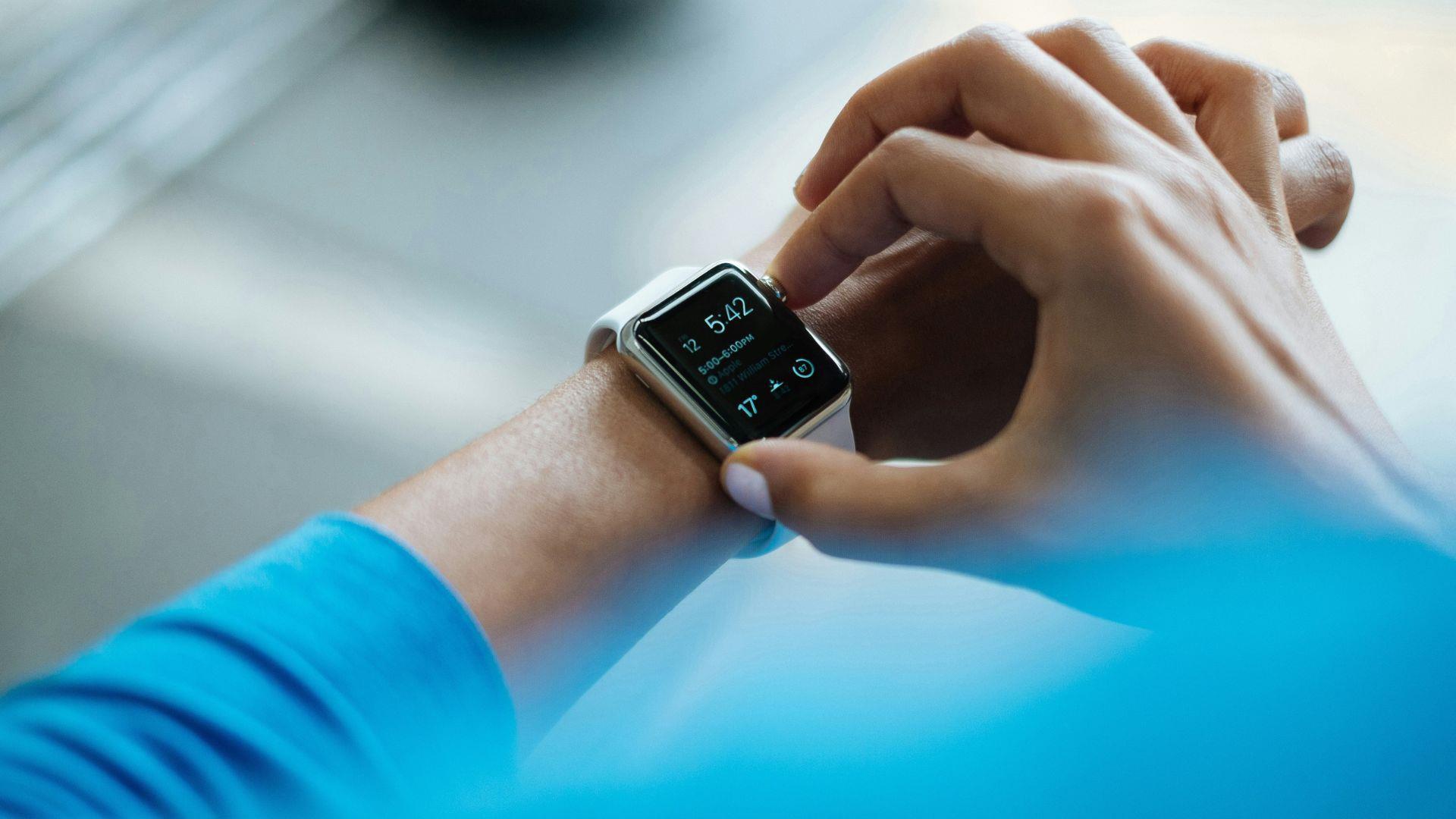
Smart fitness trackers have significantly evolved to become integral to our daily health routines. These advanced devices offer comprehensive monitoring of exercise activities, heart rates, and stress levels, providing real-time insights and personalized workout recommendations.
Seth Martin, a cardiologist at Johns Hopkins University said, “Fitness trackers are a great tool for heart health, being more active and changing your habits is important, but it can be difficult. Tracking likely helps a lot of people when combined with a clear goal to shoot for.”
The Rise of Mindfulness Apps for Stress Management
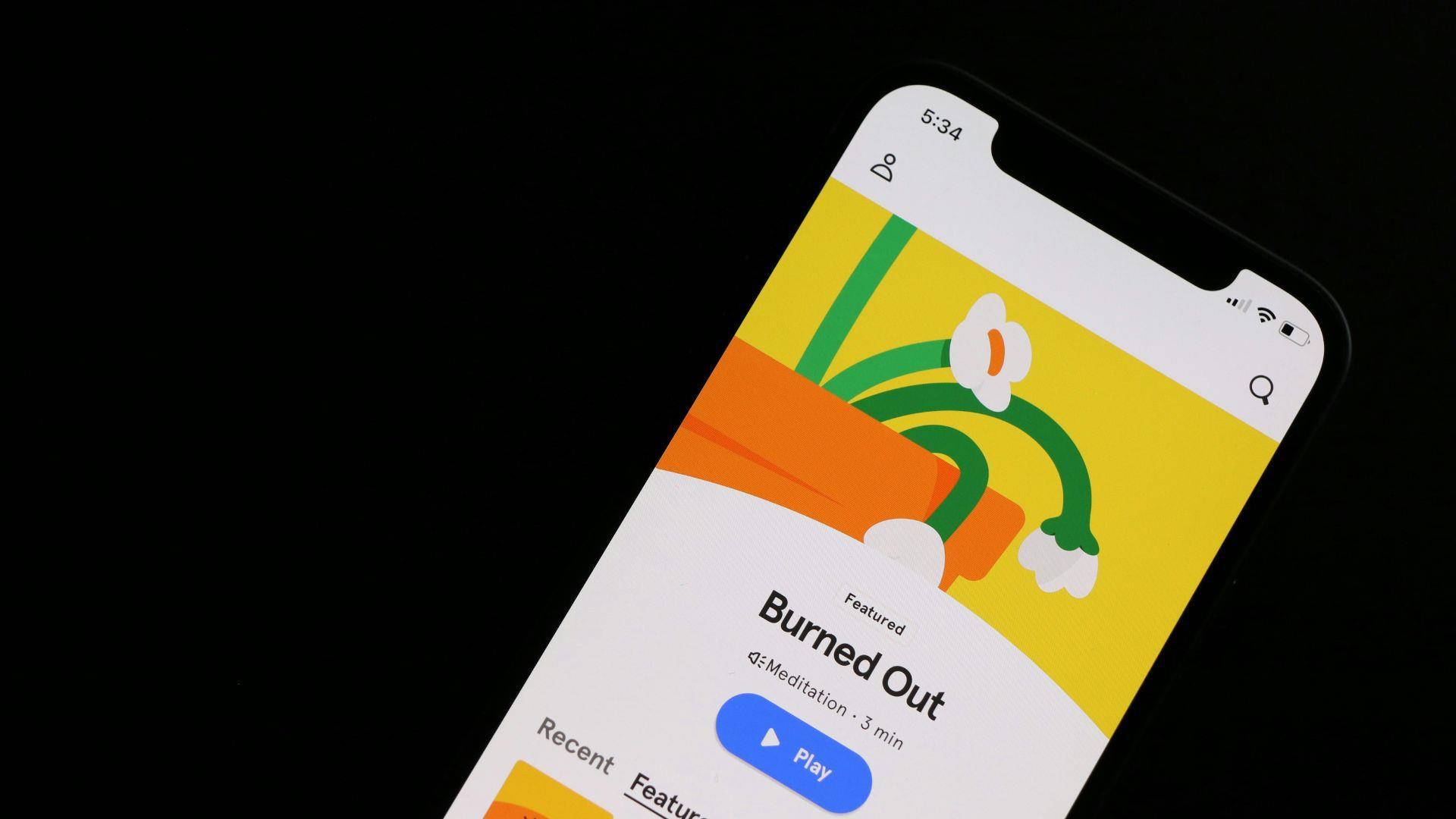
Mindfulness apps have gained popularity for their role in stress reduction and mental well-being enhancement. They utilize guided meditation, breathing exercises, and soothing sounds to help users manage stress and improve focus on the present.
A 2017 study examined the efficacy of mindfulness training through an app versus in-person classes for resident nurses. Participants using the Headspace app not only honed their mindfulness skills, particularly in acting with awareness and managing their reactions to thoughts and feelings, but also reported reduced fatigue and burnout in comparison to their counterparts attending traditional classes.
Smart Beds: Revolutionizing Sleep and Health Insights

Smart beds are not only enhancing sleep quality but also offering critical insights into overall health, according to Peter Polos, PhD, a sleep medicine specialist.
By monitoring various biometrics such as heart rate variability, breath rate, movements, and circadian rhythms, smart beds can identify potential health issues early. Their advanced algorithms analyze these metrics to map out sleep stages, providing users with valuable information to address sleep disturbances.
Infrared Saunas: A Heart-Healthy Addition to Your Routine
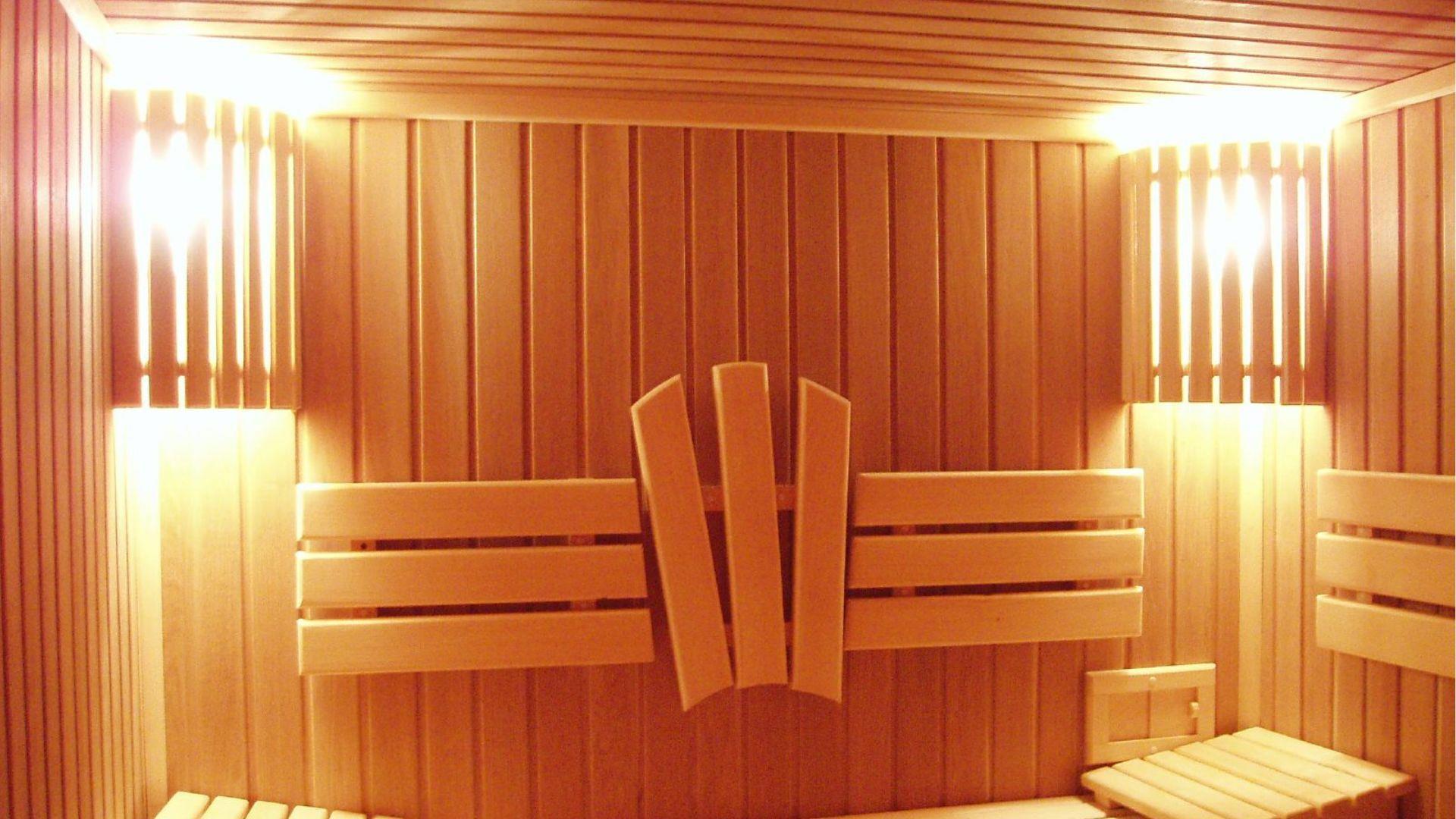
Incorporating infrared sauna sessions into self-care practices has become increasingly popular, offering benefits like muscle recovery, stress reduction, detoxification, and notably, heart health improvement. Infrared saunas work by elevating body temperature, enhancing blood circulation, and simulating an exercise effect on the heart, akin to moderate walking or indoor cycling.
A 2018 review of seven studies highlighted that regular 15-minute sessions could significantly boost cardiovascular function in heart failure patients within weeks, alongside reducing stress and inflammation, although it’s important to note that the effects were not studied in the long-term.
Gamification of Health: Boosting Engagement in Fitness
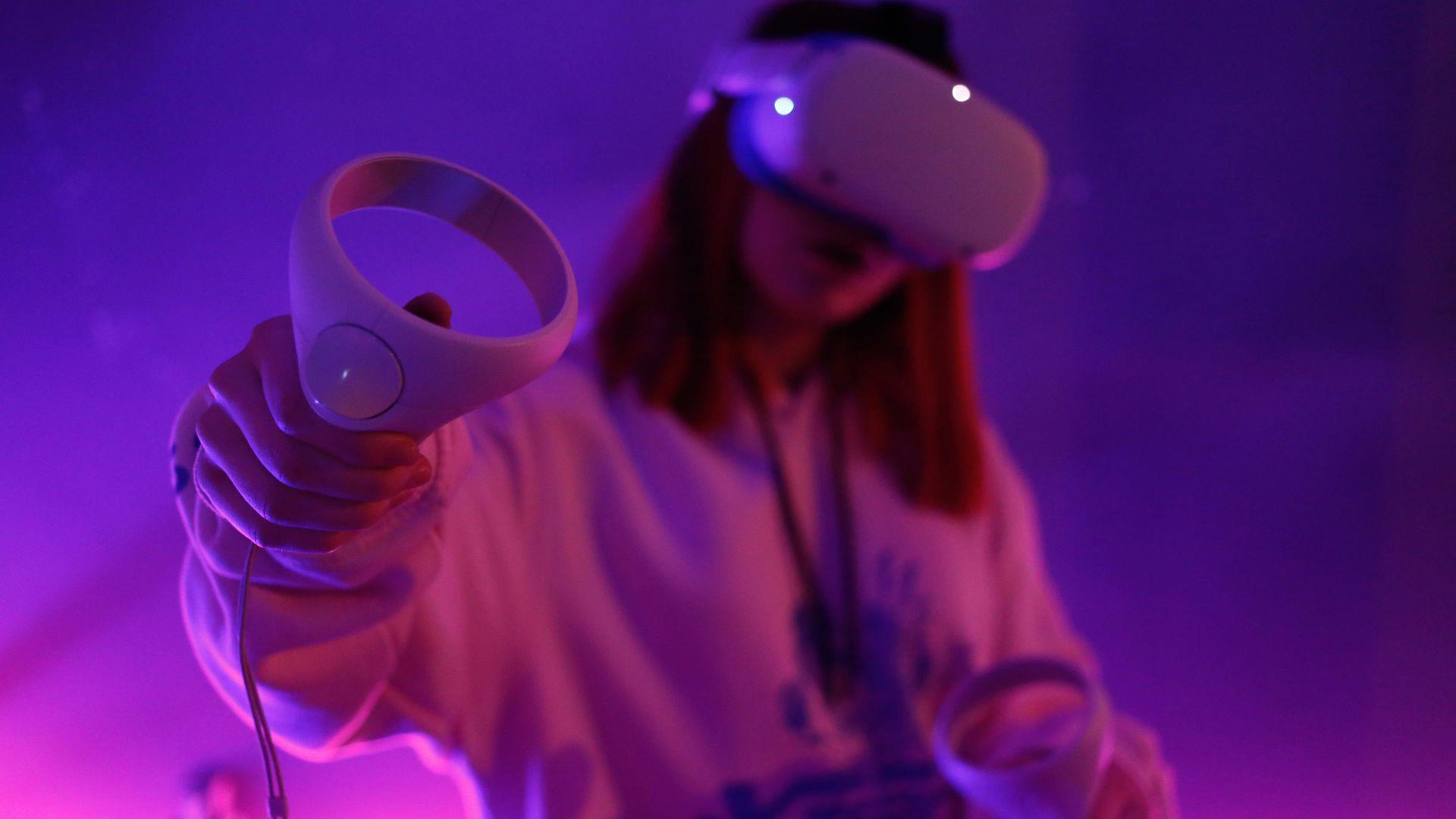
Transforming health and fitness into an engaging and enjoyable journey, gamification introduces an element of fun and competition to otherwise routine activities. Apps that convert a simple jog into a thrilling zombie chase or transform diet tracking into a rewarding game significantly enhance motivation.
This innovative approach not only makes fitness more enjoyable but has also proven to increase physical activity among users. By integrating game-like elements into health routines, individuals are more likely to remain consistent and enthusiastic about achieving their fitness and health objectives.
Virtual Health Consultations Enhance Healthcare Accessibility

The convenience and efficiency of virtual health consultations have redefined access to healthcare in 2024. These online platforms facilitate interactions with healthcare professionals, offering a range of services from routine check-ups to specialized advice.
This shift not only saves time but also expands healthcare access, demonstrating technology’s impact in making health services more reachable to a broader audience.
Virtual Fitness Classes Bring the Gym Home

Online fitness platforms have transformed living spaces into personal gyms, offering a variety of classes that cater to different preferences and schedules.
This innovation provides flexibility and convenience, removing barriers to maintaining a regular fitness routine. Research shows that the community aspect of these platforms also offers motivation and support, enhancing the overall fitness experience.
The Paradox of Connection: Social Media’s Isolating Effect
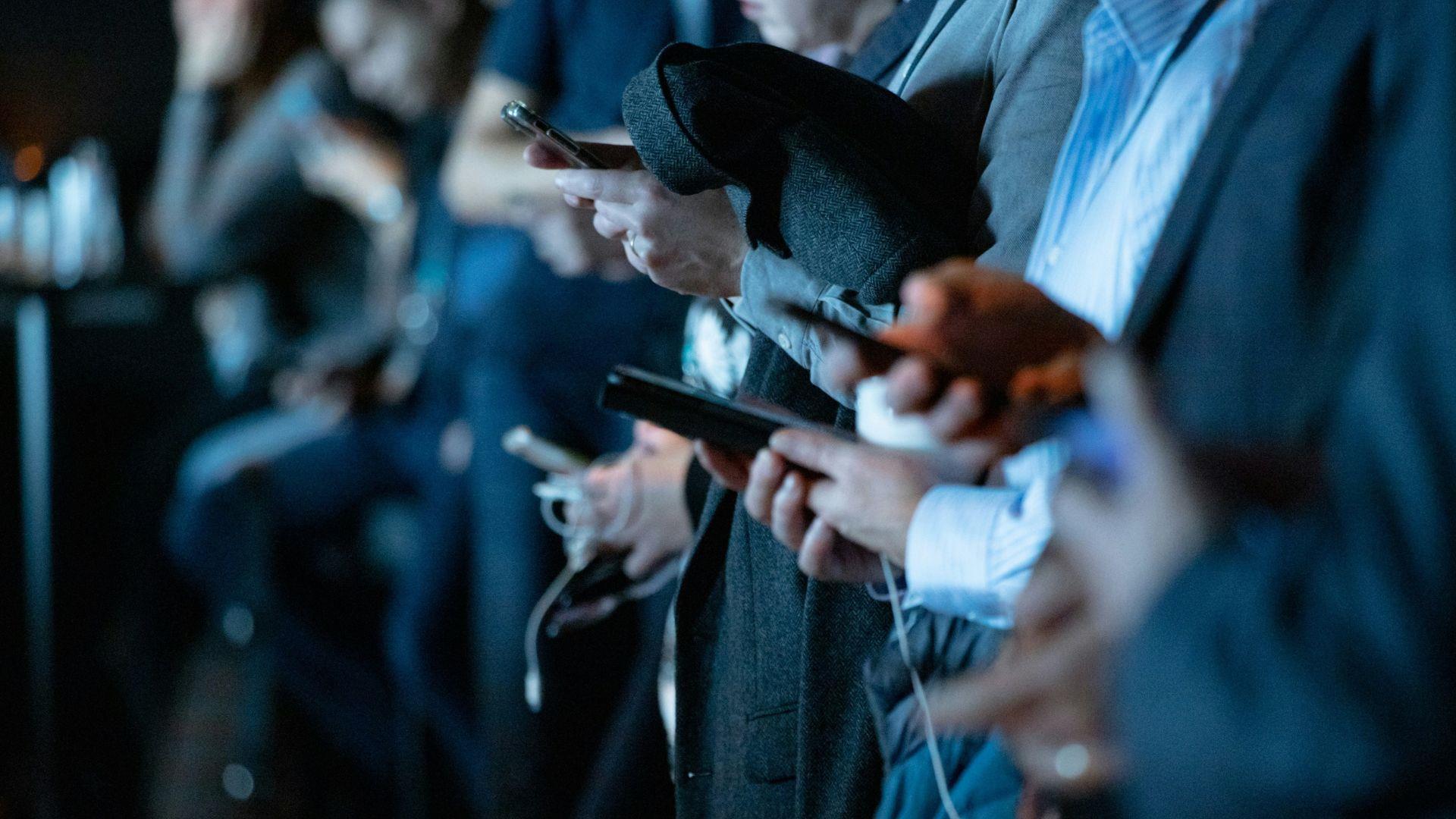
It’s also important to note how modern technology can be a double-edged sword in the realm of health and wellness. Social media is a great example of this, while designed to connect, social media can ironically foster isolation. A study revealed that young adults with high social media usage felt over three times more socially isolated than their less-engaged peers.
To address this, strategies like setting social app time limits might mitigate the sense of loneliness, suggesting a need to balance our digital and real-world interactions.
Social Media’s Dual Influence on Mental Health
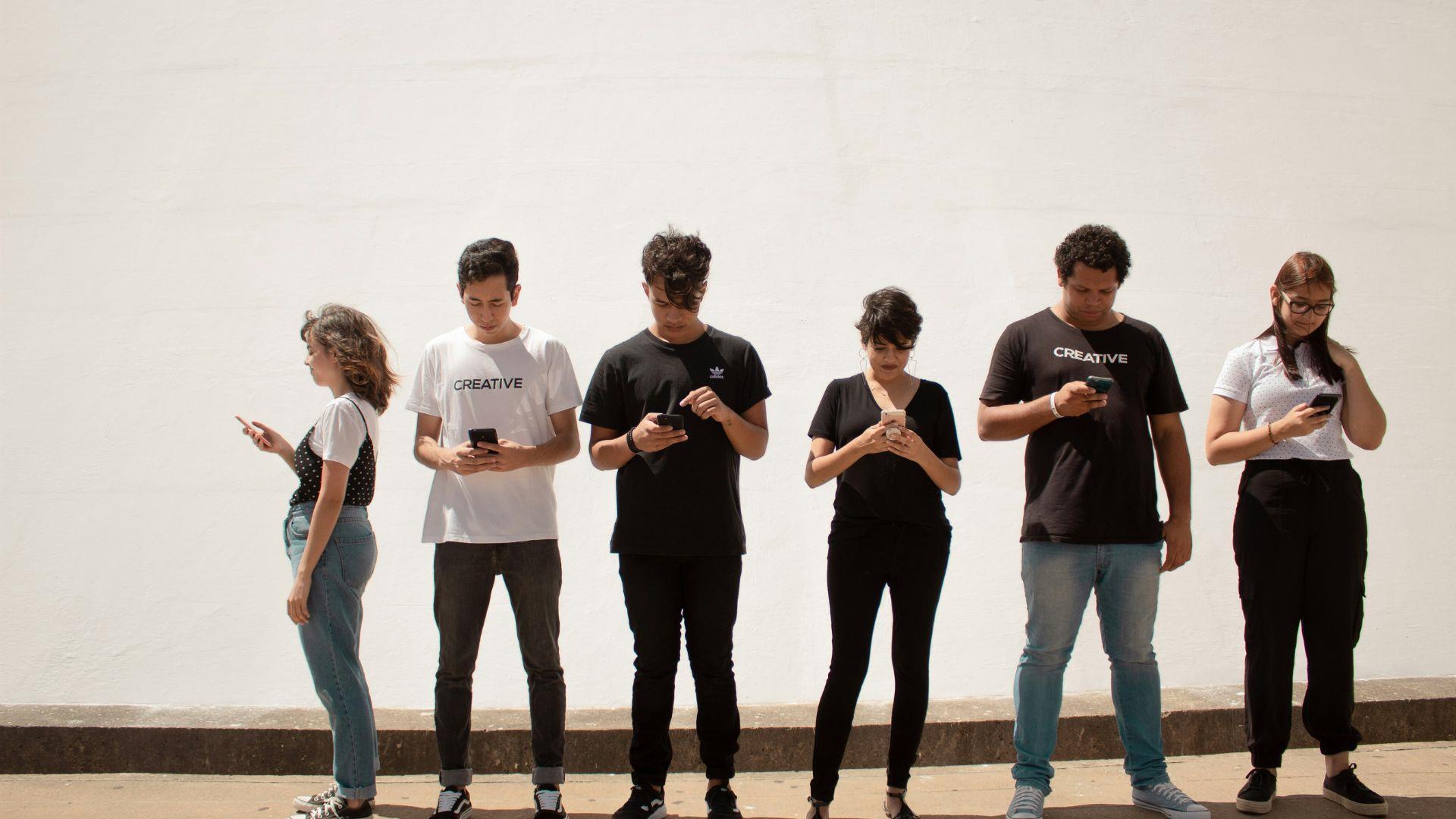
The impact of social media on mental health yields mixed outcomes, as a 2016 review indicates. Positive online interactions can lower depression and anxiety levels, yet the opposite holds true when experiences are negative.
The quality of social engagements online, whether uplifting or disheartening, plays a critical role in influencing users’ mental well-being.
Physical Health Challenges in the Digital Age

Prolonged technology may lead to physical ailments, including eye strain from continuous exposure to screens of smartphones, tablets, and computers.
Symptoms like blurred vision and dry eyes, along with related headaches and body aches, demonstrate the need for moderated tech use to prevent such digital-related health issues.
Technology’s Impact on Sleep

Night-time technology use can disrupt sleep due to blue light emissions from screens, affecting the brain’s circadian rhythm.
Research highlights this blue light as a sleep deterrent, suggesting a digital detox before bed to enhance sleep quality. Adopting pre-sleep routines such as reading or stretching can help counteract the sleep-disturbing effects of tech devices.








































